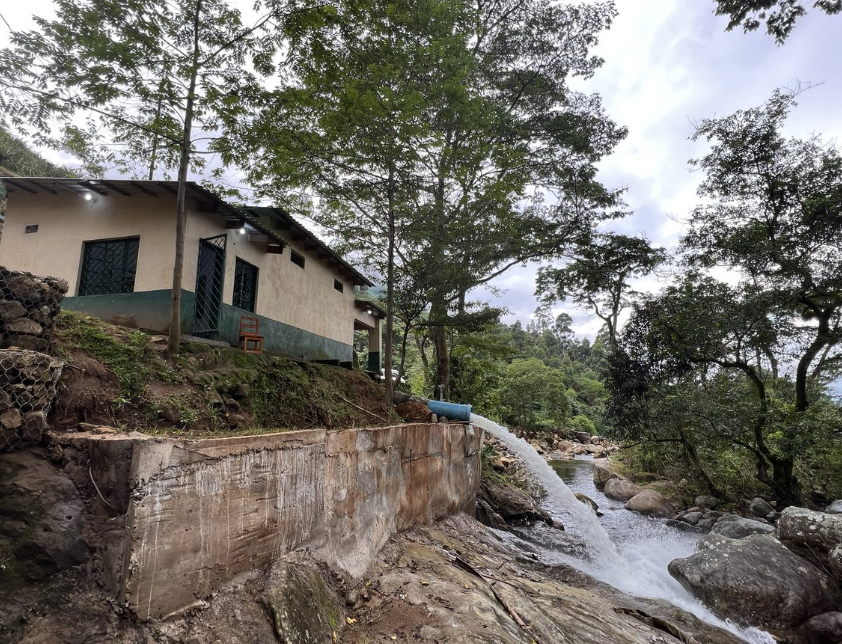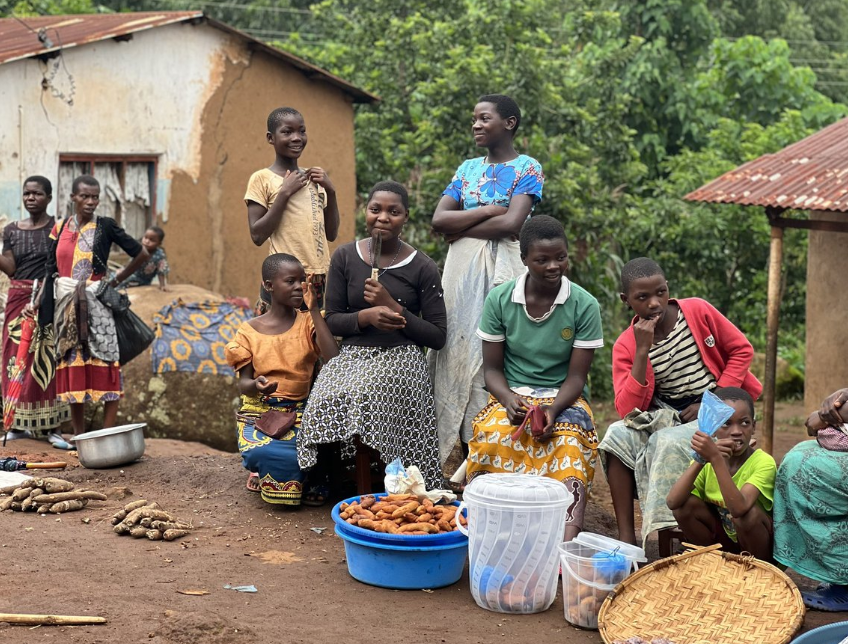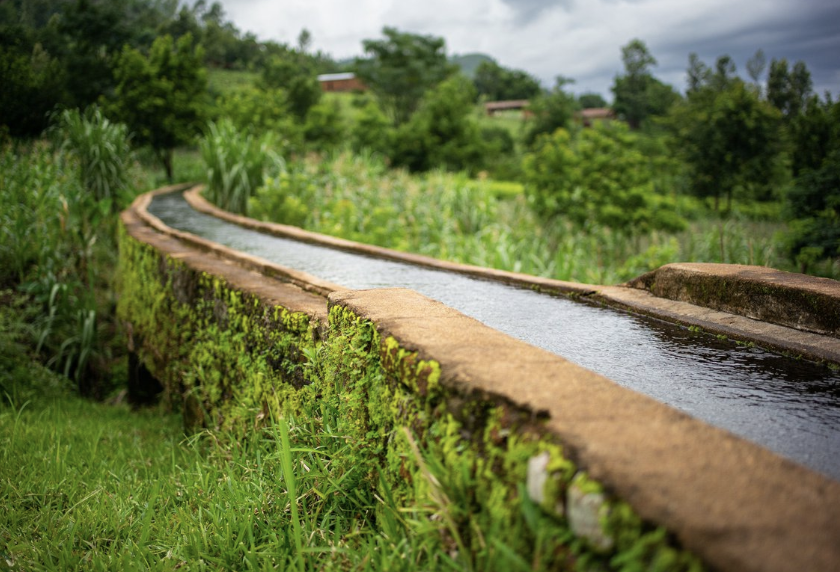Một dự án khai thác mỏ Bitcoin (BTC) khai thác năng lượng thủy điện sạch, bị mắc kẹt và dư thừa ở Malawi đã thu hút hơi nước. Công ty đứng sau dự án, Gridless, chia sẻ rằng hiện nay có “1600 gia đình kết nối với lưới điện mini từ xa này ở vùng núi phía nam Malawi.”
1600 gia đình kết nối với hệ thống thủy điện từ xa này ở vùng núi phía nam Malawi. Họ có 50kW năng lượng bị mắc kẹt mà chúng tôi đang thử nghiệm như một địa điểm khai thác Bitcoin mới.
Video cho bối cảnh.
Dự án khai thác 50 Kilowatt (kW) năng lượng bị mắc kẹt để thử nghiệm như một địa điểm khai thác Bitcoin mới. Erik Hersman, Giám đốc điều hành và đồng sáng lập của Gridless, nói với Cointelegraph rằng trong khi đó là một dự án khai thác hoàn toàn mới, “Impact đã được cảm nhận ngay lập tức.”
“The power developer had built these powerhouses a few years ago, but they weren’t able to expand to more families because they’re barely profitable and couldn’t afford to buy more meters to connect more families. So our deal allowed for them to immediately buy 200 more meters to connect more families.”
Các thợ mỏ Bitcoin là những khách hàng linh hoạt nhưng đói năng lượng. Chúng là một giải pháp cắm vào và chạy cho các nguồn năng lượng dư thừa trên toàn thế giới. Ở Malawi, các thợ mỏ chạy tắt thủy điện thân thiện với môi trường.

Theo lời của Hersman:
“Dấu chân môi trường khá nhẹ vì nó chạy ra khỏi một con sông. Và việc khai thác Bitcoin không thay đổi bất cứ điều gì trong số đó.”
Đây là dự án thứ hai của Gridless ở châu Phi hạ Sahara cho đến nay. Cuối năm ngoái, một dự án khai thác mỏ ở Kenya đã kết nối một cộng đồng xa xôi bằng cách sử dụng thủy điện dư thừa.

Bên cạnh môi trường, mỏ Bitcoin mang lại trao quyền kinh tế và cơ hội việc làm cho Malawi. Hersman giải thích rằng việc đổ tải điện là phổ biến ở Malawi, nhưng các gia đình 1600 sử dụng nguồn thủy điện không gặp vấn đề về điện năng nào:
“It’s always amazing to me to see how useful and valuable mini-grids are to the community. It [Bitcoin mining] immediately changes the education, healthcare, business, logistics, and wealth of the community where they go in.”
Obi Nwosu, CEO of Fedimint and a Board Adviser at Gridless also shed light on the story, explaining that the project in “Malawi is one more in a line of what I expect to be many examples over the coming years.”
“As usual, these are modest people rolling up their sleeves and helping talented, local engineers do what they do best. The project brings power as well as financial and economic freedom to many.”
Bitcoin miners tapping into stranded energy while empowering local communities is a growing trend in 2023. From El Salvador’s promise of geothermal Bitcoin mining to balancing the grid load and sustaining jobs for local communities in Canada– there is a “Torrent of opportunities coming their way,” Nwosu explains.
Related: Seven times Bitcoin miners made the world a better place
Michael Saylor has described Bitcoin mining as “the ideal high-tech industry to put in a nation that has plenty of clean energy but isn’t able to export a product or produce a service with that energy.” It’s an accurate summation of the project in Malawi.

Ultimately, this type of Bitcoin mining projects is more akin to a partnership. Hersman sums it up: “We work with the power producer, and they work to keep the power price affordable and all of their employees are from the community too, providing jobs for everything from security to linesmen to operations.”

























